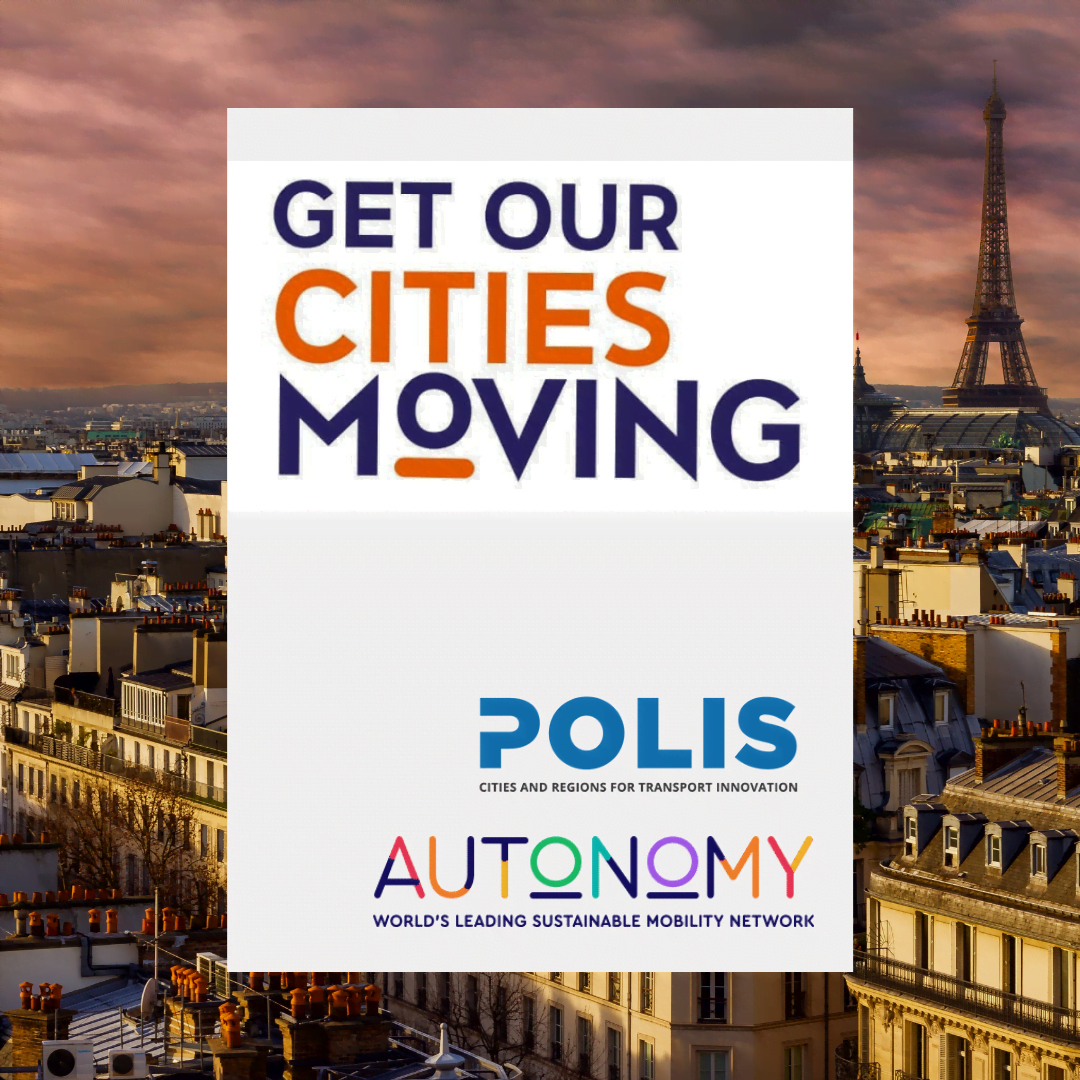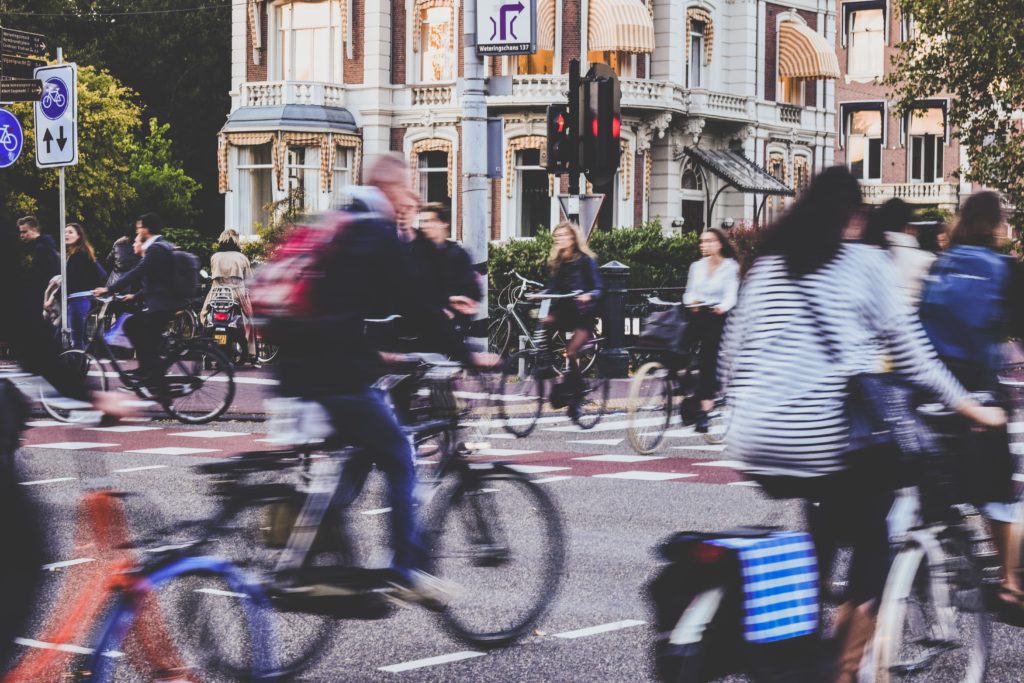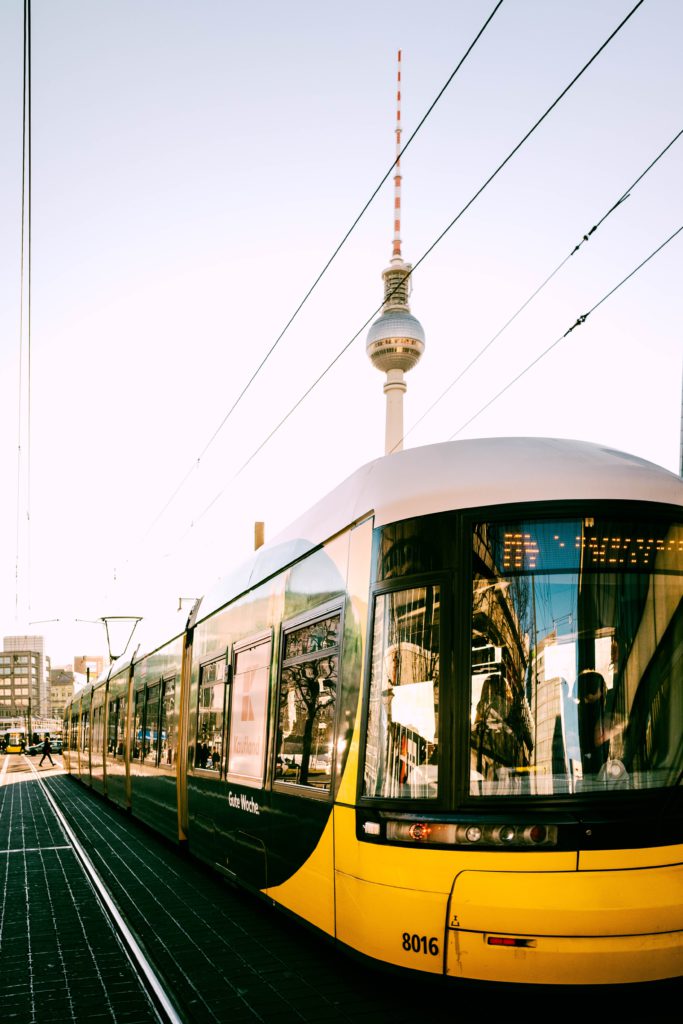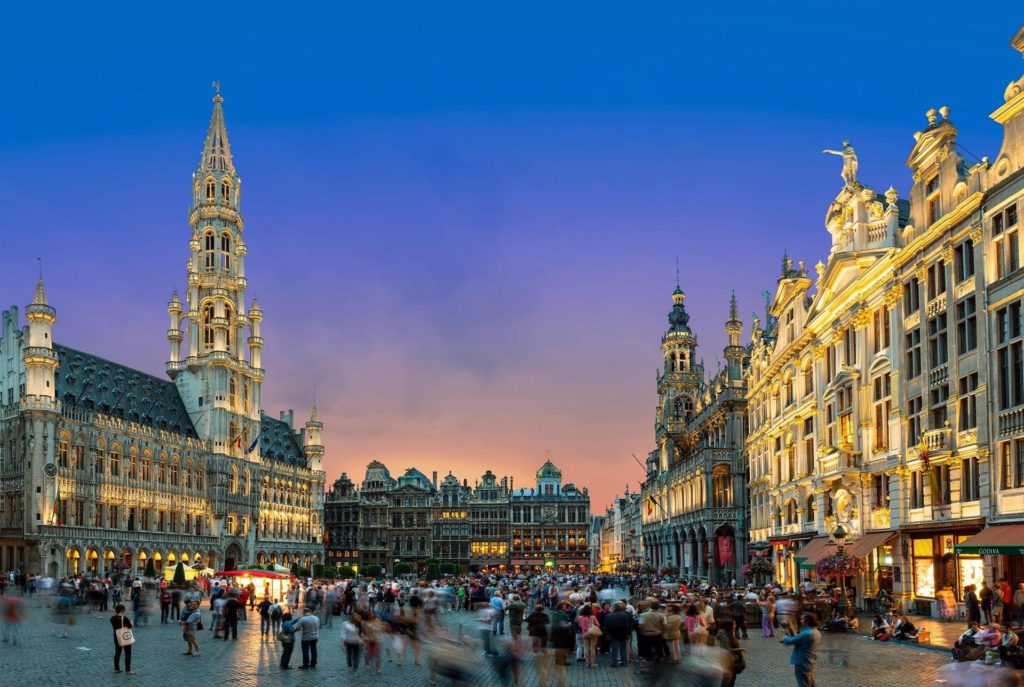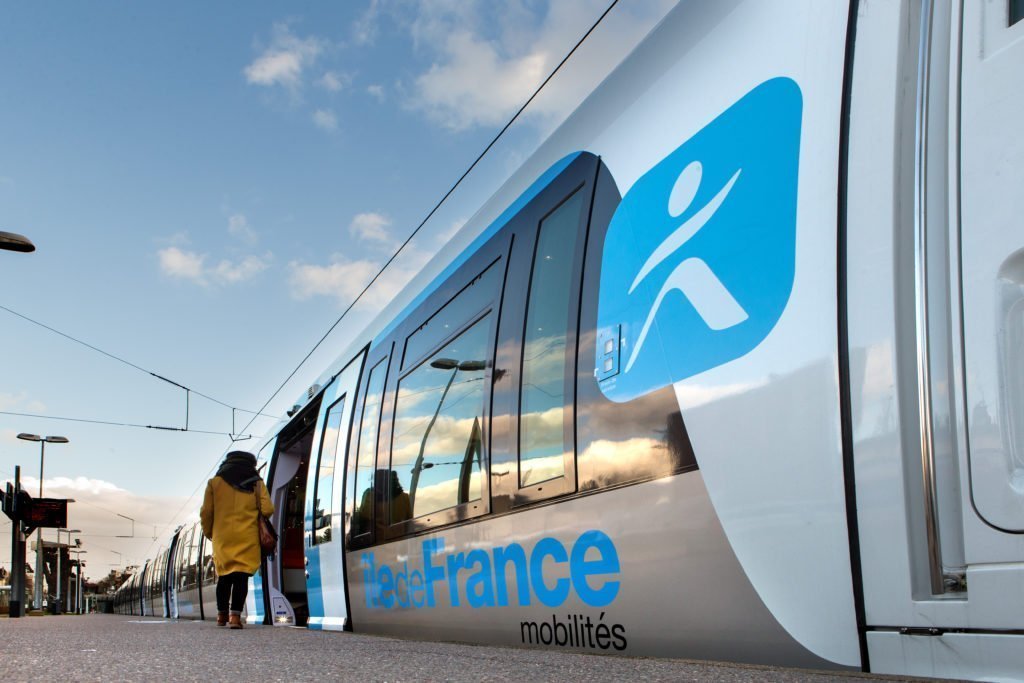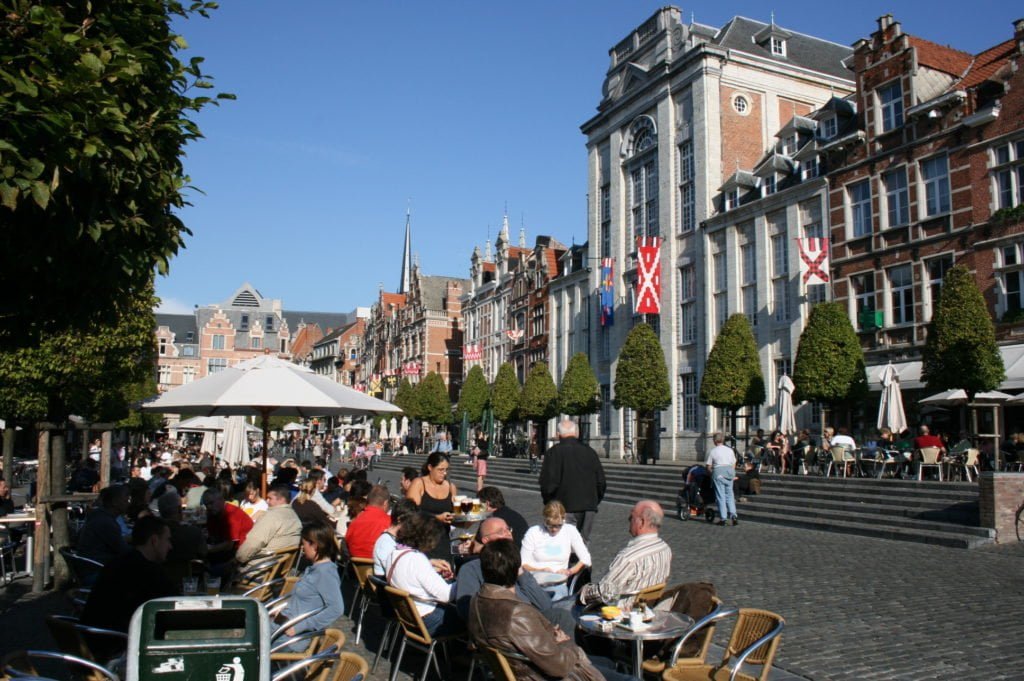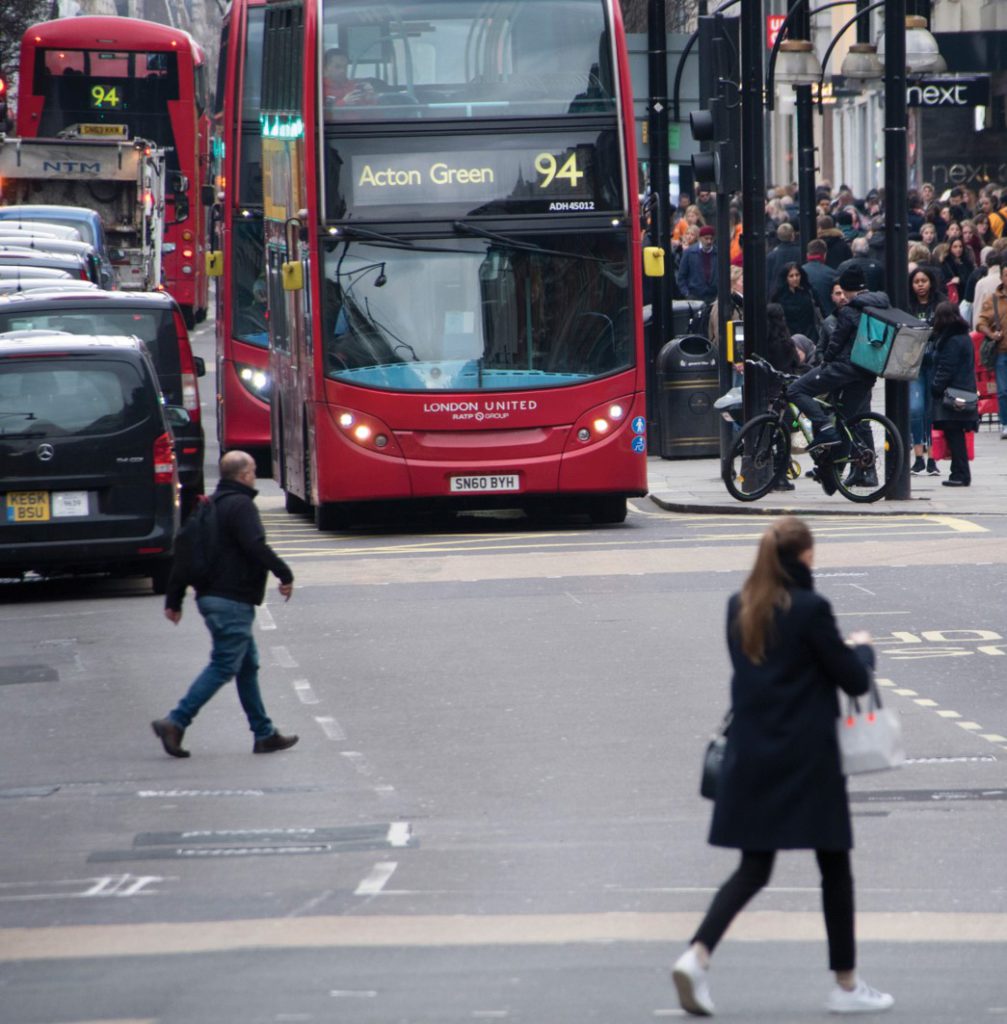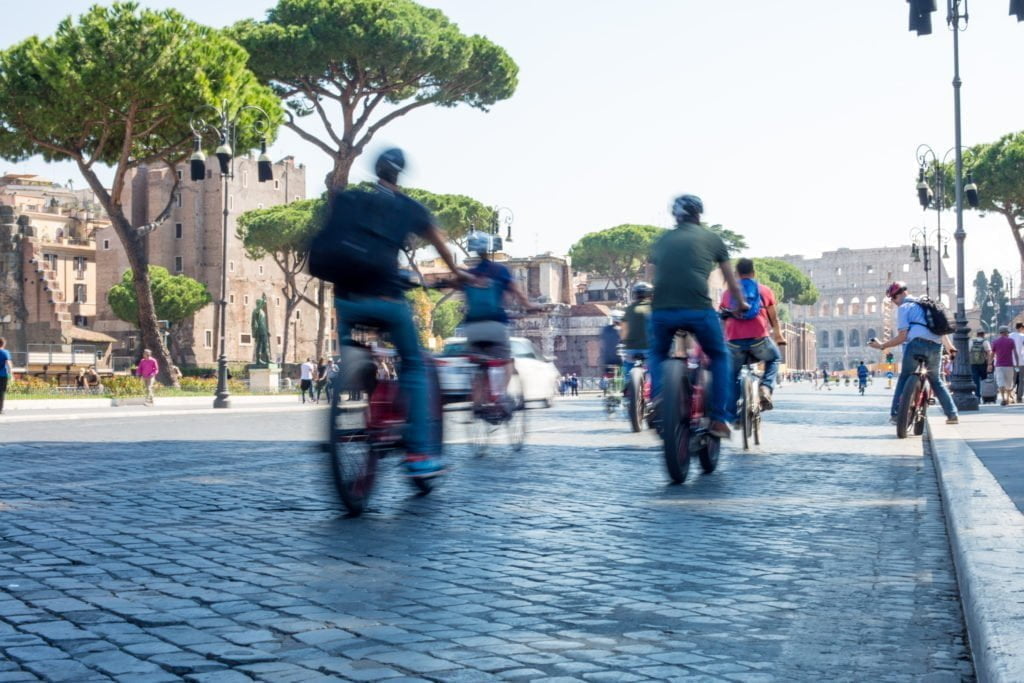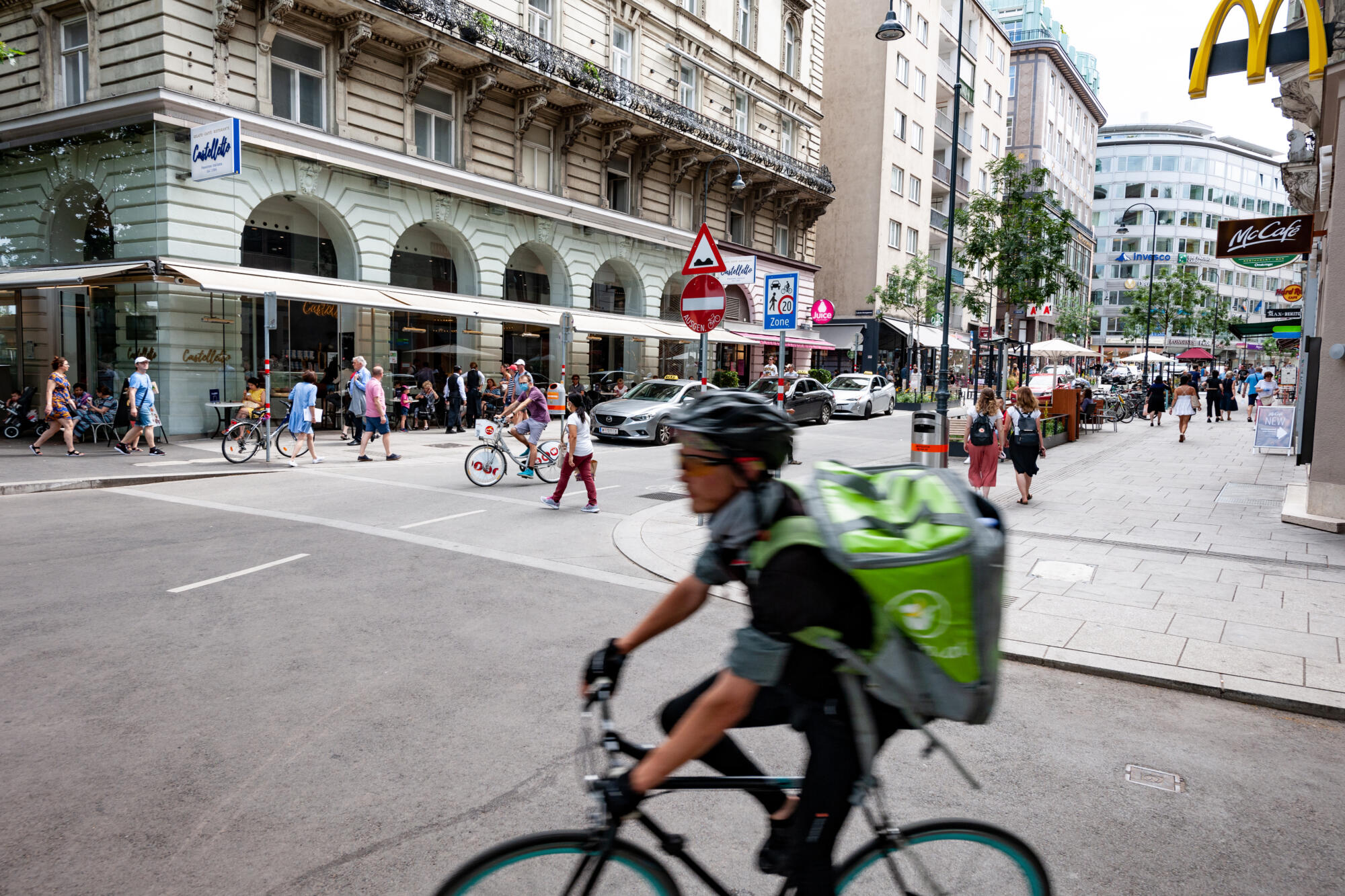Revealing a star-studded line-up for Get Our Cities Moving
POLIS Network and Autonomy are joining forces for the third year in a row in the 'GET OUR CITIES MOVING' program at Autonomy Paris. From 16-17 March 2022, the initiative will provide a series of conferences to support cities and local governments find innovative solutions tailored to their current and prospective mobility needs.
 Autonomy Paris is back, and so is the Get our Cities Moving (GOCM) program. This event is co-organised by POLIS and Autonomy and takes place within Autonomy Paris 2022, the largest annual gathering dedicated to innovative and sustainable mobility solutions.
Autonomy Paris is back, and so is the Get our Cities Moving (GOCM) program. This event is co-organised by POLIS and Autonomy and takes place within Autonomy Paris 2022, the largest annual gathering dedicated to innovative and sustainable mobility solutions.
The COVID-19 pandemic has disrupted (and continues to disrupt) urban mobility, raising pressure on cities to adapt to the fast changes and innovations. This year's program focuses on the main challenges in making cities more adaptable, resilient, and efficient, with the restructuring of post-COVID-19 cities as a central subject.
The conferences will address two main themes: multimodal travel and automation development for smarter cities. They will connect high-level decision-makers from local authorities with leading mobility innovators to reflect on cities' mobility challenges and the innovative solutions that can help solve them.
Here is the agenda:
Day one - Wednesday, March 16th
Session 1 - 10:00: Are Cities Automation-Ready?
Will our cities change for the better if automated vehicles hit our city streets? Will they indeed improve safety and efficiency, or rather the opposite? Will they reduce car ownership and dependency or lead to even more kilometers driven and further urban sprawl? How automated do we want our future public transport to be? Cities should be setting the rules of the game today for what may be arriving tomorrow. “Automation-readiness” should not be understood as an endorsement of AVs and their impacts, but rather as empowerment of local authorities to critically review the anticipated technological changes and shape the future according to their expectations. This session will discuss the opportunities and potential drawbacks of introducing automated vehicles in the urban environment.
10:05 Keynote speech: Are Cities Automation-Ready? with Alexandra Millonig, Senior Scientist, Austrian Institute of Technology.
10:25 Panel Debate
Moderator: Suzanne Hoadley, Senior Manager, POLIS.
Panellists:
- Mikael Ivari, Senior Advisor, Urban Transport Administration, City of Gothenburg.
- Rikesh Shah, Head of Open Innovation, Transport for London.
- Elodie Hanen, Deputy Director-General, Ile-de-France Mobilites.
- Daniel Deparis, Head of Urban Mobility Solutions, Mercedes Benz.
11:05 Break
Session 2 - 11:25: Multimodal Moves
Only by physically and digitally integrating public transport with other sustainable modes such as active travel and shared mobility will we be able to offer citizens a range of alternatives that can compete with the private car. How are cities creating multimodal and intermodal infrastructures, such as interchanges and mobility hubs, that bring those modes physically together and allow citizens to combine them seamlessly? And will MaaS be the digital counterpart that integrates these different options for the users and nudges them to the most sustainable modes? Or will it only make mobility more expensive and favour those options that generate revenue but are not necessarily the most sustainable? And how can cities capitalize on the vast amount of data generated by new mobility services to understand the impact on the overall ecosystem better and plan their policies accordingly? This and more will be discussed in the Multimodal Moves session.
11:30 Keynote speech with Philippe Crist, Advisor Innovation & Foresight, International Transport Forum.
11:50 Panel Debate
Moderator: Philippe Crist, Advisor Innovation & Foresight, International Transport Forum.
Panellists:
- Helmut Augustin,Head of the Coordination Unit for Digitization, Section Mobility Strategies, City of Vienna.
- Gemma Schepers, Project Manager Smart Mobility, City of Amsterdam.
- Jakob Michael Heider, Head of Jelbi Mobility Platform & Hubs, and Berliner Verkehrsbetriebe.
- Andrei Novikov, Deputy Mayor for Mobility, City of Tallinn.
12:35 Mobility Coffee: A conversation with Manuela Lopez Menendez, Deputy Mayor of Mobility, City of Buenos Aires, and Paula Manoela dos Santos, Active Mobility Manager at World Resources Institute Brasil (WRI Brasil).
12.55 End of day 1
Day 2 - Thursday, March 17th
Session 3 - 10:00: The Respacing Revolution
The COVID-19 pandemic has had a disruptive impact on sustainable urban mobility, in good and bad terms. On the good side, it has led to the accelerated reallocation of space in favour of active travel, which was long overdue. Especially cities with sustainable urban mobility plans in place have good chances of making these temporary interventions permanent over time, as they were already part of a long-term overarching vision. Urban space is scarce and valuable, but it is also a powerful tool that cities are in charge of. By giving more space to specific modes or taking it away from others, local authorities can decide which transport options they would like to prioritise or not, in the city of tomorrow. This session brings together political leaders who show the courage to contest the legacy of decades of car-centric planning and give the streets back to the people. It explores the concept of the 15’ City, which is gaining ground.
10:05 Keynote Speech: The 15’ City with Seb Dance, Deputy Mayor for Transport, Greater London Authority.
10:25 Panel Debate
Moderator: Jill Warren, CEO, European Cyclists' Federation.
Panellists:
- David Belliard, Deputy Mayor for Mobility, City of Paris.
- Elke van den Brandt, Minister for Mobility, Brussels Capital Region.
- Janet Sanz, Deputy Mayor for Mobility & Urbanism, City of Barcelona.
- Seb Dance, Deputy Mayor for Transport, Greater London Authority.
- Eugenio Patanè, Councillor for Mobility, City of Rome.
- Rawad Choubassi, Director & Partner, Systematica.
11:20 Transition Break
Session 4 - 11:30: Governing Innovation, Innovating Governance
FOMO is never a good reason for a city to engage in innovation. Embracing technology just for the sake of it is not what constitutes a smart city. Urban mobility innovations and new technologies make sense if they help solve the transport-related challenges that cities need to tackle, whether environmental, social, economic, or safety-related. The governance of innovation can indeed help to align public and private sector interests and optimize the potential of new solutions so that the opportunities brought by them are maximized, but negative externalities are mitigated. At the same time, there is a need for governance frameworks to become more agile and for regulatory approaches to strike the right balance between allowing innovation to thrive and making it policy responsive. Cooperation is always the way forward. This panel will zoom in on how both the public and private sectors keep the conversation going and continue to explore partnership models that benefit both sides and align interests.
11:30 Keynote speech: Governing Innovation, Innovating Governance with Karen Vancluysen, Secretary General, POLIS.
11:50 Panel Debate
Moderator: Karen Vancluysen, Secretary General, POLIS.
Panellists:
- David Dessers, Deputy Mayor of the City of Leuven / POLIS President.
- Juan Corro, Chief Innovation Officer, EMT Madrid.
- Fredrik Hjelm, CEO of Voi.
- Laureline Serieys, General Manager, Uber France.
12:35 Mobility Coffee: A conversation with Maína Celidonio, Secretary of Mobility, City of Rio de Janeiro, and Luis Antonio Lindau, Director World Resources Institute Brasil (WRI Brasil).
12:55 End of Day 2
For more information, check the Autonomy Paris website here

